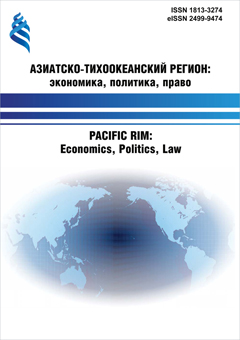SOCIAL SOURCES OF A SPECIAL PART OF CRIMINAL LAW
DOI:
https://doi.org/10.24866/1813-3274/2022-4/181-190Keywords:
social sources of criminal law, grounds for criminalization, origins of criminal law prohibition, form of expression of social sources of criminal law.Abstract
The relationship of criminal law regulations with the external social environment develops differentially: along the line of determination and along the line of providing infrastructure for their implementation. The specificity of the social sources of the industry is that they have the property of generating the appearance, content and transformation of criminal law regulations. At the same time, these sources, traditionally understood as a system of really existing social relations and norms, firstly, never determine criminal law prescriptions directly, but only being reflected by the public consciousness, and secondly, they themselves cannot constitute the subject of the science of criminal law. The development of the criminal law doctrine of the social sources of the branch requires recognizing the fact that the social sources that determine criminal law prescriptions are always refracted by the public consciousness and have an external form of objectification in the form of value judgments about the presence of criminal risks for the normal development of a particular sphere of public relations. The ‘form of expression of social sources’ is a necessary theoretical construct that allows professional investigation of the mechanism of social determination of criminal law prescriptions.



